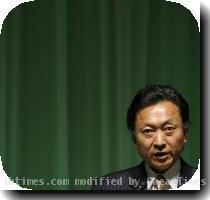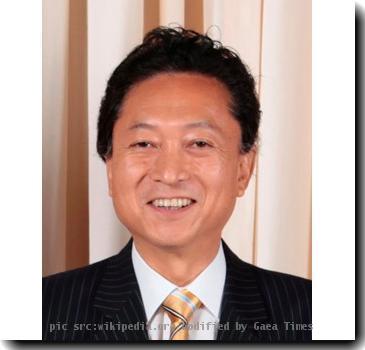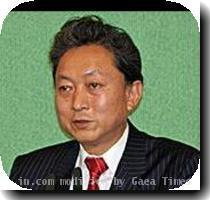US envoy urges speedy resolution of US base dispute that’s raising tension within Tokyo gov’t
By Malcolm Foster, APFriday, December 4, 2009
US envoy urges speedy resolution of base dispute
TOKYO — U.S. Ambassador John Roos urged a quick resolution Friday of a dispute over the relocation of a U.S. Marine base on the southern Japanese island of Okinawa that is straining bilateral ties and raising tension within Japan’s ruling coalition.
The future of Marine Corps air station Futenma has become a sticking point in a sweeping 2006 plan to reorganize the 47,000 U.S. troops in Japan, including sending 8,000 Marines to the American territory of Guam and moving Futenma to a less crowded part of Okinawa.
The plan was meant to relieve the burden on the island, which hosts more than half of the American troops in Japan.
But some members of Prime Minister Yukio Hatoyama’s government have said they want the Futenma base moved out of Japan. Many residents complain about base-related noise, pollution and crime. Last month, several thousand Okinawans gathered to protest the planned move within the island.
On Thursday, Mizuho Fukushima, leader of a junior partner in the ruling coalition, hinted her party might leave the government if the base is moved to the northern part of the island, as set out in the 2006 plan.
Roos suggested that a speedy resolution of the matter was needed so it would not distract from other collaborative efforts, such as fighting global warming and stopping the spread of nuclear weapons.
“I do think it’s important that … we resolve the current issue expeditiously,” Roos said at a forum sponsored by the Japan Institute of International Affairs.
“Next year, it will be critically important to focus on some of the broader alliance issues,” he said.
U.S. defense officials want Tokyo to stick to the 2006 accord, forged under the previous conservative government, and say delays could affect the timetable for the entire reorganization plan and create mistrust between the longtime allies.
With China’s influence and military strength rising rapidly and North Korea honing its nuclear and missile technologies, the U.S. security relationship with Japan is more crucial than ever.
Some Japanese are also concerned.
“I’m very worried,” said Naoyuki Agawa, a Keio University professor of American Studies who attended the forum.
“If you say, ‘Get out of here,’ the U.S. has to think really hard about what’s the point of having this alliance and the commitment to defending Japan,” Agawa said.
Later Friday, Roos joined a working group meeting with other senior Japanese and U.S. officials to try to resolve the Futenma issue.
Hatoyama, who wants to put ties with the U.S. on a more equal footing, said Friday he recognized the gravity of the past agreement with the U.S., but has set no deadlines for resolving the question.
Before entering the working group meeting, Foreign Minister Katsuya Okada declined to say whether a decision would be reached by year-end, but said he was concerned that prolonging the matter would delay the reorganization plan.
Asked about Fukushima’s hints about pulling out of the ruling coalition, Okada said, “We have to avoid the collapse of the coalition government.”
Tags: Asia, East Asia, Japan, North America, Tokyo, United States, Yukio Hatoyama


